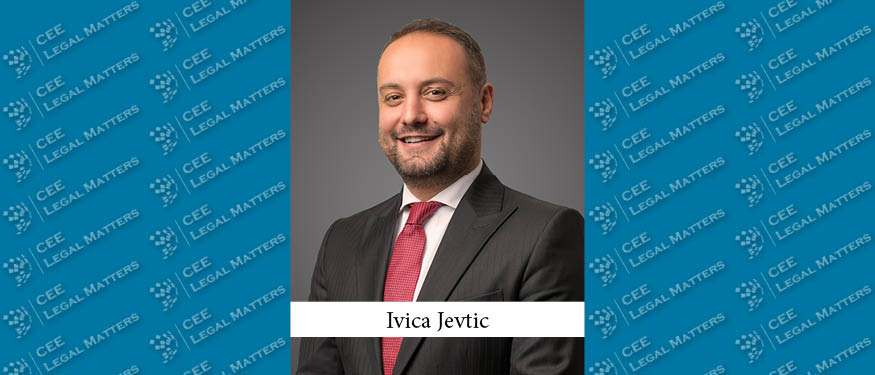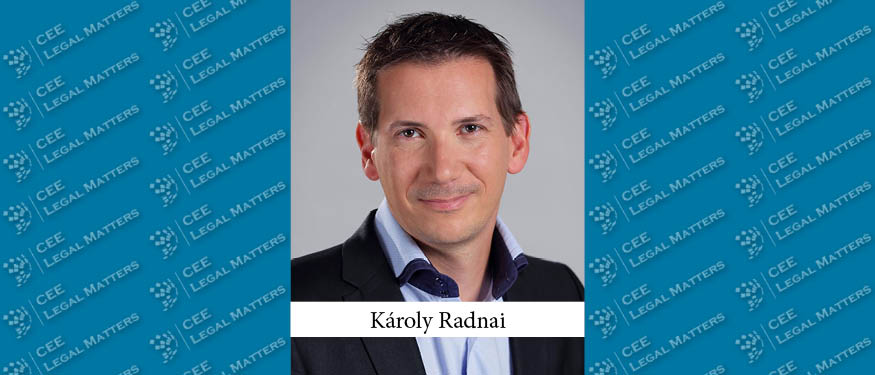The word “fiduciary” originates from the Latin language and in translation means trust or pledge and dates back to Roman law and denotes a contract that is created when one party, the fiduciary (fiducians), hands over to another party a fiduciary (fiduciarius) something for ownership, and the fiduciary undertakes to return the same thing to the ownership of the fiduciary after the expiration of a certain term or the fulfillment of a certain condition. The fiduciary transfer of ownership rights i.e. fiduciary (“Fiduciary”) was introduced as a legal institute into the Montenegrin legal system through the Law on Fiduciary Transfer of Rights (“Official Gazette RCG No 23/96”) and after that, it continued to live under the Law on Property Relations (“Official Gazette CG No 19/09”).
The fiduciary represents a conditionally acquired ownership on either movable or immovable property for securing the collection of a claim (existing, future, and conditional) and authorizes the fiduciary/ creditor to collect his receivables before any other creditor, regardless of a person being in possession of the property.
The specificity of the fiduciary, i.e. the Agreement on the fiduciary transfer of ownership rights, is that it must be concluded in writing, such an agreement, if it is related to immovable property, such agreement must be notarized by the notary public, then registered with the real estate cadastre and mandatory notation of fiduciary transfer of property.
This Agreement represents an enforceable document in the sense of the provisions of the Law on Enforcement and Security, so the fiduciary is authorized to initiate the enforcement procedure on the basis of the enforceable document upon the maturity of the obligation.
The main characteristic is that the creditor/ the beneficiary becomes a formal legal owner of the encumbered property, but with limited powers, while the fiduciary debtor is considered an economic owner of the encumbered property, keeps the right of holding, using and collecting on the encumbered property.
Furthermore, the provision of the contract according to which the parties agree that the lender acquires ownership rights to the real estate if the borrower does not return the loaned funds within the term established by the contract, the so-called lex commisoria, is void, but the rest of the contract remains in force.
In practice, the fiduciary has shown more shortcomings or stumbling blocks than benefits. The disadvantages are primarily related to the increased costs of its realization when the debtor falls into arrears with the fulfillment of his obligation. Problems in practice arise from the moment of submission of the application for the definitive registration of property rights based on the contract on fiduciary transfer of property rights with the procedure for erasing the record of the contract because it takes too long (obstruction of the fiduciary debtor in terms of receiving letters, decisions, the exercise of the right to a legal remedy that has a suspensive effect of the decision and, finally, taking too long to deal with reported complaints).
Entry into possession is rarely voluntary, and the creditor is obliged to initiate a separate lawsuit for eviction and possession of the immovable property, after the legally binding conclusion of the lawsuit, enforcement proceedings are initiated for the purpose of judicial possession. In addition, after the definitive registration in the real estate register, the acquirer is obliged to pay the competent tax authority a tax amount of 3% (or more depending on the amount according to the progressive rate), on behalf of the turnover of the real estate, which additionally increases the costs of realizing the collection of claims.
One of the rare benefits is in the case of initiation of bankruptcy proceedings against legal entities that appear as (fiduciary) debtors, as the property of these companies has been formally transferred to the creditor (e.g. most often the Bank), this property does not enter the bankruptcy estate of the debtor and the Bank is not forced to wait for the collection of its claim from the bankruptcy estate, but can immediately proceed to the sale of such property, as a separate creditor.
It is clear that the tempo is fast in all segments of life, especially in the business environment, practice has so far shown that fiduciary as a legal institute, in relation to a mortgage, for instance, is a rather complicated, long and demanding procedure, especially in the part that refers to the settlement of the secured claim, and that the costs from the beginning to the final realization and cancellation are extremely high.
Most, if not all, business entities resort to a mortgage as a faster, clearer, and more economical means of security, so the question really arises whether we still need a fiduciary in our legal life.
By Alma Karadjuzovic Djindjinovic, Partner, and Dajana Drljevic, Associate, JPM & Partners Montenegro















